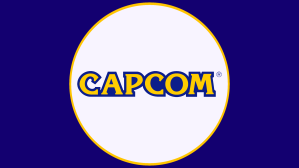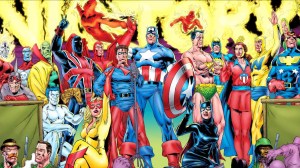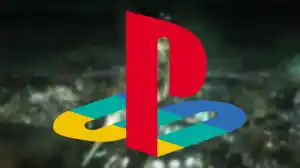The Center for Italian Modern Art in Soho has provided ComicBook.com with an exclusive first look at a conversation centering on the relationship between Mario Schifano and the alt-culture magazine Frigidaire. The conversation, which runs just under an hour long, is part of a broader exhibition titled “Facing America: Mario Schifano, 1960-65” which, according to the museum, “highlights the leading figure of Italian postwar and contemporary art as he redefined painting through his multifaceted practice, and marked the transition from postwar abstraction to the new figuration of the 1960s.” The conversation features Frigidaire magazine founder Vincenzo Sparagna, comics artist Filippo Scòzzari, and CIMA fellow Carlotta Vacchelli.
Videos by ComicBook.com
The conversation focuses on Schifano’s impact on the founding of the magazine. In the conversation, participants discuss how the revolutionary Frigidaire showcased comics as a true art form, how Sparagna visited Schifano at his house and got to know him personally, and the creative freedom that Schifano infused in all of his work to narrate the world.
You can see the video below.
Here’s the official synopsis for the event, as
This conversation with Vincenzo Sparagna and Filippo Scòzzari explores the collaboration between Mario Schifano and the Italian counterculture magazine Frigidaire through the 1980s and 1990s. Among the themes addressed, the interview discusses the involvement of Schifano in the foundation of the magazine, the representation of his figure and his art through comics and fiction, as well as his friendship with the group of artists that animated the magazine.
Vincenzo Sparagna is one of the most active figures in the history of Italian counterculture. Publisher, journalist, essayist, writer, and illustrator, Sparagna collaborated with the weekly magazine Il Male, a hotbed of the satire and caricature of Italian politics and society between the end of the 1970s and 1980s. In 1980 Sparagna founded the revolutionary magazine of cultural dissemination and information Frigidaire, bringing about a decisive change in the history of Italian comics and graphic narrative. The original nucleus of “Frigidaire” is composed by the authors Filippo Scòzzari, Stefano Tamburini, Andrea Pazienza, Massimo Mattioli, and Tanino Liberatore, who had previously founded the legendary magazine of underground comics, “Cannibale”. Sparagna has since been at the center of a network of artists, and intellectuals, variously active in the field of visual and graphic arts: painting, photography, comics, and illustration. Among the multiple magazines that he started and edited, there are “Lunedì della Repubblica”, “La piccola Unità”, “Il nuovo Male”. In 2005, Sparagna founded “La Repubblica di Frigolandia”, which he currently directs, together with illustrator and graphic designer Maila Navarra. An artistic and creative crossroads, “Frigolandia” is the center, the archive, and the current publishing place of “Frigidaire”.
A key figure in the underground milieu of Bologna and Rome in the 1970s and 1980s, Filippo Scòzzari is one of the most influent master of Italian comics. A painter, a writer, a graphic artist, and an illustrator, Scòzzari participated to the fundamental experiences of Italian alternative culture, active between magazines, radio stations, and artistic centers. Among them, “Re nudo”, “Il Male”, “Radio Alice”, “Cannibale”, “Traumfabrik”, “Alter Alter”, and “Frigidaire”. With the group “Cannibale” and “Frigidaire”, Scòzzari operated critically in the Italian comics culture, exploring possibilities that had never been investigated before, and expanding the use of comics in an artistic direction, and as a tool for socio-political investigation. He contributed to disseminate a new aesthetic awareness around the medium of comics. His distinctive comics technique involves a constant clash between the fineness of the drawing and the color, and the contents, intentionally caricatural, grotesque, and anti-idealistic, provoking an effect of unveiling of the mechanisms behind this medium, and an irreverent anti-bourgeois polemic. Examples of this tendency are “Suor Dentona”, “Dottor Jack”, “Primo Carnera”, as well as the comics adaptations of Tommaso Landolfi’s “Mar delle Blatte”, and “The Blue Dahlia” by Raymond Chandler. Among his writings, his autobiographical memorial “Prima pagare poi ricordare”, and the play “Cuore di Edmondo”, inspired by Edmondo de Amicis’ novel “Cuore”. His science fiction comics have been recently collected in “Lassù no” by Coconino press (2019), which published in 2020 the graphic novel edition of “Il mar delle blatte”.








